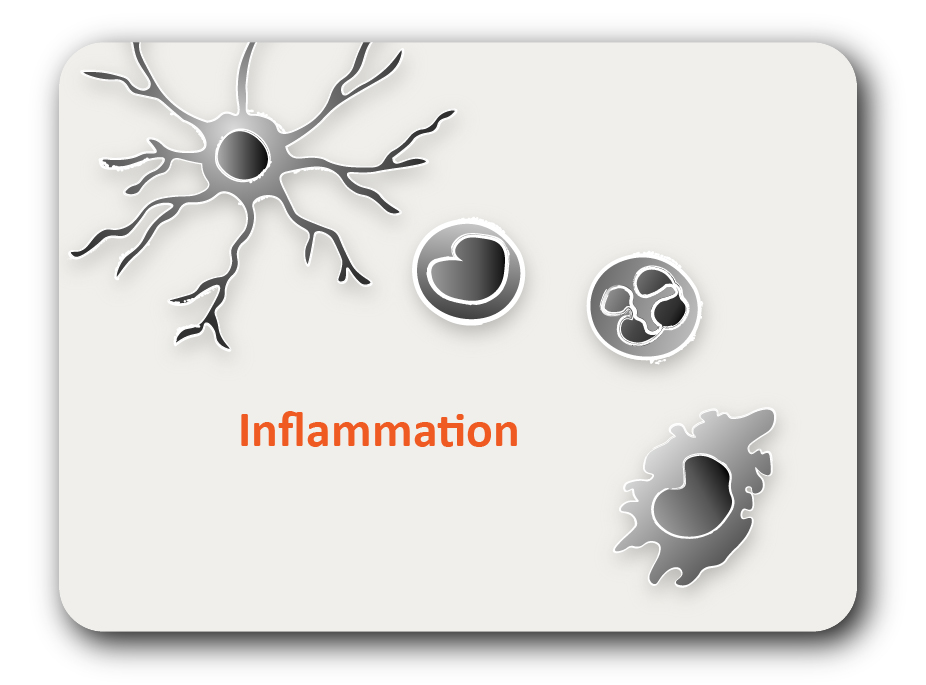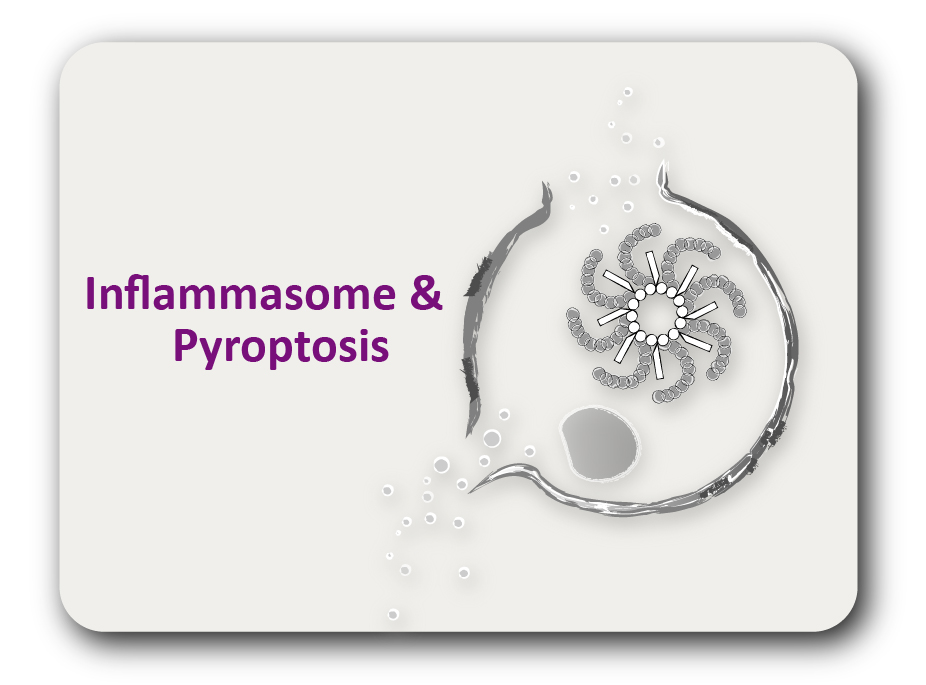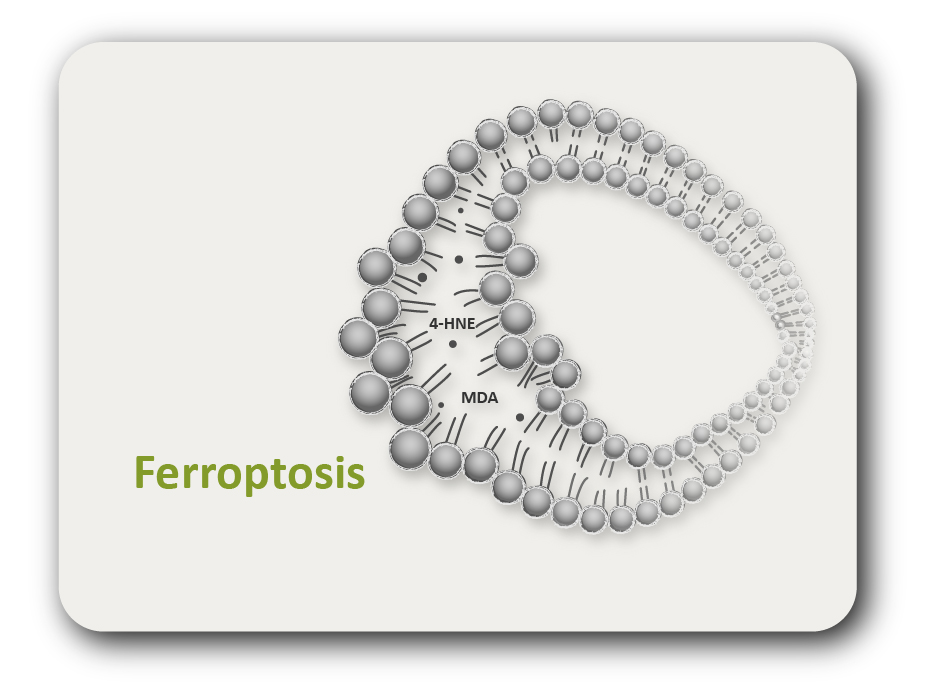ARG21509
anti-CD178 / Fas Ligand antibody [SB93a]
anti-CD178 / Fas Ligand antibody [SB93a] for Flow cytometry,ICC/IF,IHC-Frozen sections,Immunoprecipitation,Western blot and Human,Chicken
概述
| 产品描述 | Mouse Monoclonal antibody [SB93a] recognizes CD178 / Fas Ligand |
|---|---|
| 反应物种 | Hu, Chk |
| 应用 | FACS, ICC/IF, IHC-Fr, IP, WB |
| 特异性 | Human/Chicken Fas ligand. The clone SB93a detects a band at ~40 kDa corresponding to the transmembrane/insoluble form of Fas ligand. |
| 宿主 | Mouse |
| 克隆 | Monoclonal |
| 克隆号 | SB93a |
| 同位型 | IgG2b, kappa |
| 靶点名称 | CD178 / Fas Ligand |
| 抗原物种 | Human |
| 抗原 | Recombinant human Fas ligand |
| 偶联标记 | Un-conjugated |
| 別名 | FASLG; Fas Ligand; APT1LG1; TNFSF6; CD178; FasL; Tumor Necrosis Factor Ligand Superfamily Member 6; Fas Ligand (TNF Superfamily, Member 6); Apoptosis Antigen Ligand; Fas Antigen Ligand; CD95 Ligand; CD95-L; CD95L; APTL; FASL; Tumor Necrosis Factor (Ligand) Superfamily, Member 6; Mutant Tumor Necrosis Factor Family Member 6; Apoptosis (APO-1) Antigen Ligand 1; Tumor Necrosis Factor Ligand 1A; CD178 Antigen; ALPS1B; TNLG1A |
应用说明
| 应用建议 |
|
||||||||||||
|---|---|---|---|---|---|---|---|---|---|---|---|---|---|
| 应用说明 | * The dilutions indicate recommended starting dilutions and the optimal dilutions or concentrations should be determined by the scientist. |
属性
| 形式 | Liquid |
|---|---|
| 缓冲液 | BBS (pH 8.2) |
| 浓度 | 0.5 mg/ml |
| 存放说明 | For continuous use, store undiluted antibody at 2-8°C for up to a week. For long-term storage, aliquot and store at -20°C. Storage in frost free freezers is not recommended. Avoid repeated freeze/thaw cycles. Suggest spin the vial prior to opening. The antibody solution should be gently mixed before use. |
| 注意事项 | For laboratory research only, not for drug, diagnostic or other use. |
生物信息
| 数据库连接 |
Swiss-port # P48023 Human Tumor necrosis factor ligand superfamily member 6 |
|---|---|
| 基因名称 | FASLG |
| 全名 | Fas ligand (TNF superfamily, member 6) |
| 背景介绍 | This gene is a member of the tumor necrosis factor superfamily. The primary function of the encoded transmembrane protein is the induction of apoptosis triggered by binding to FAS. The FAS/FASLG signaling pathway is essential for immune system regulation, including activation-induced cell death (AICD) of T cells and cytotoxic T lymphocyte induced cell death. It has also been implicated in the progression of several cancers. Defects in this gene may be related to some cases of systemic lupus erythematosus (SLE). Alternatively spliced transcript variants have been described. [provided by RefSeq, Nov 2014] |
| 生物功能 | Cytokine that binds to TNFRSF6/FAS, a receptor that transduces the apoptotic signal into cells. May be involved in cytotoxic T-cell mediated apoptosis and in T-cell development. TNFRSF6/FAS-mediated apoptosis may have a role in the induction of peripheral tolerance, in the antigen-stimulated suicide of mature T-cells, or both. Binding to the decoy receptor TNFRSF6B/DcR3 modulates its effects. The FasL intracellular domain (FasL ICD) cytoplasmic form induces gene transcription inhibition. [UniProt] |
| 预测分子量 | 31 kDa |
| 翻译后修饰 | The soluble form derives from the membrane form by proteolytic processing. The membrane-bound form undergoes two successive intramembrane proteolytic cleavages. The first one is processed by ADAM10 producing an N-terminal fragment, which lacks the receptor-binding extracellular domain. This ADAM10-processed FasL (FasL APL) remnant form is still membrane anchored and further processed by SPPL2A that liberates the FasL intracellular domain (FasL ICD). FasL shedding by ADAM10 is a prerequisite for subsequent intramembrane cleavage by SPPL2A in T-cells. N-glycosylated (PubMed:9228058). Glycosylation enhances apoptotic activity (PubMed:27806260). Phosphorylated by FGR on tyrosine residues; this is required for ubiquitination and subsequent internalization. Monoubiquitinated. |





